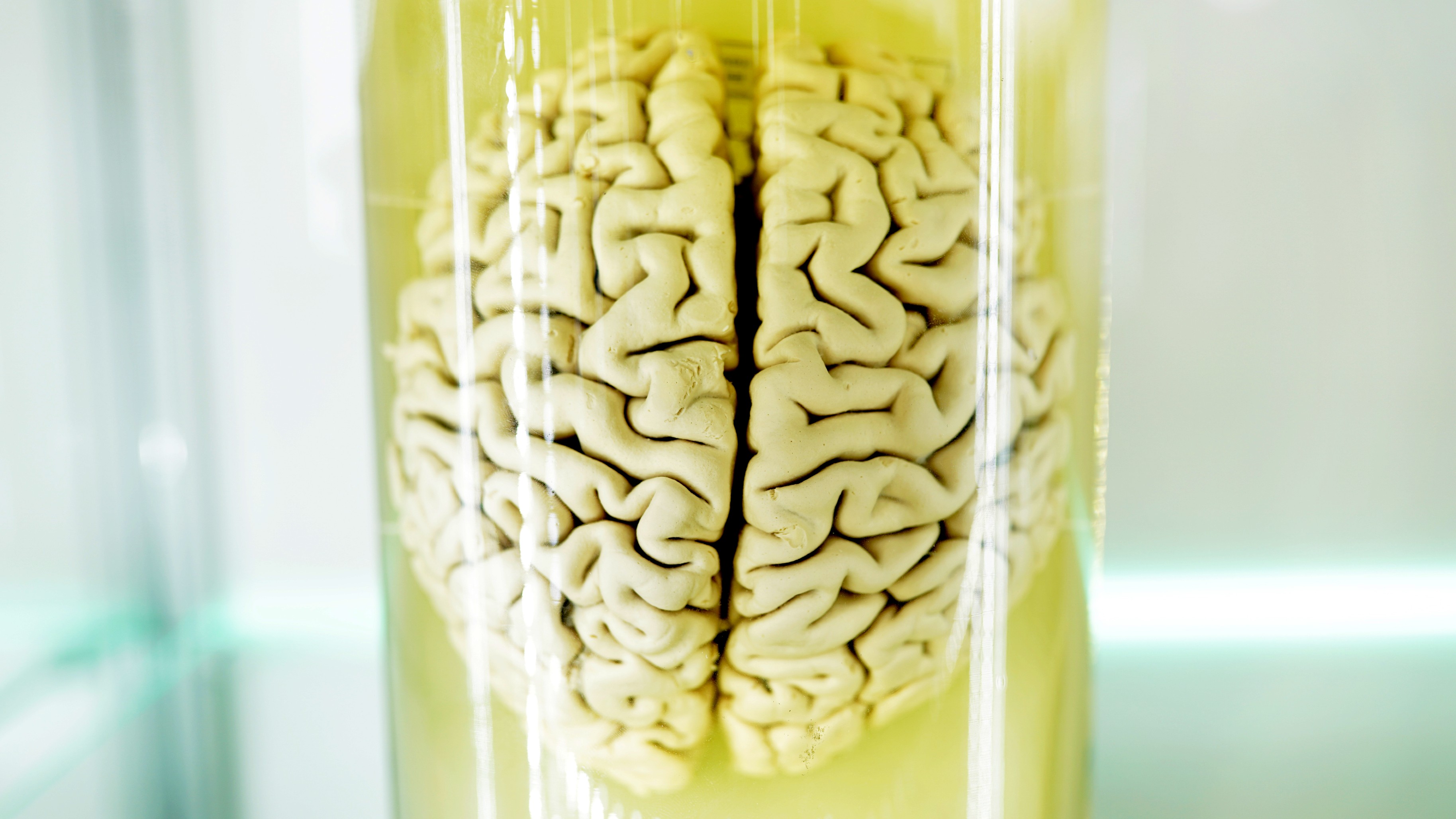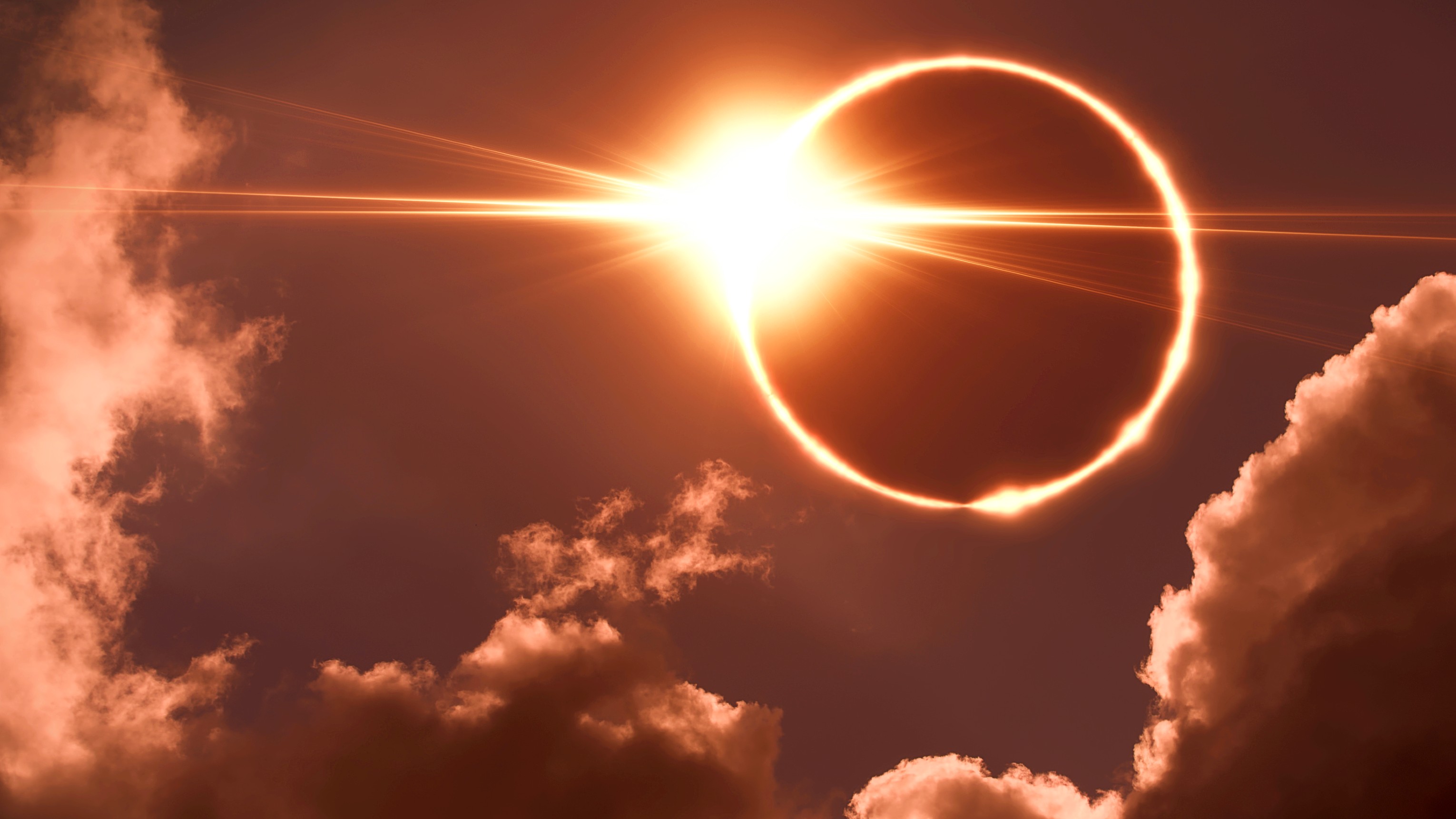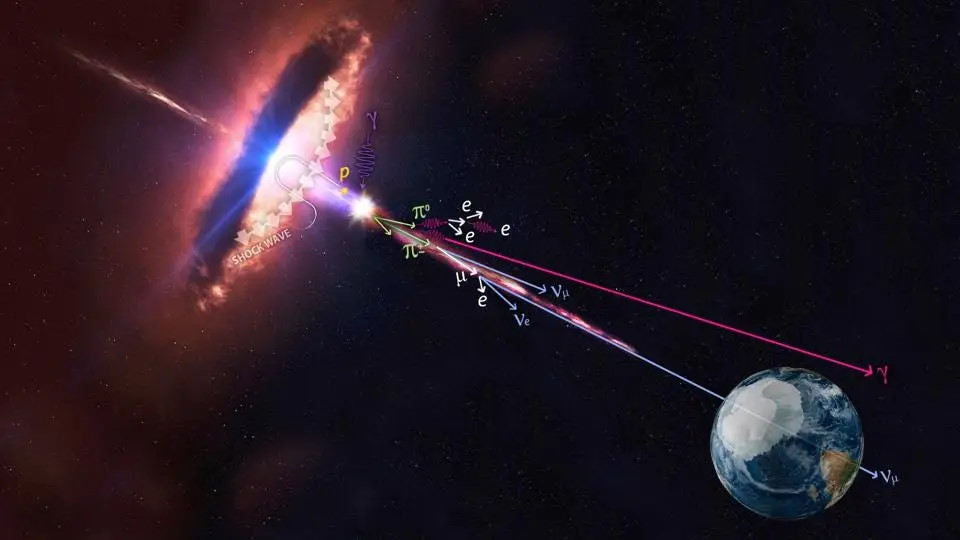Schlesinger says it is important for the scientific community to communicate to policymakers.
Question: How can we improve science literacy?
Sarah Schlesinger: That’s a very good question. I know that there are lots of people thinking about it, and I think that, for me, I think it’s science education. I mean, you know, in my view, and my view is probably somewhat limited. I think that it’s hugely important for we, as a scientific community, to communicate to policy makers. And there are some individuals who do that very well, and they are treasured. And there are some people, unfortunately, who are brilliant scientists, who are unable or unwilling to communicate to people who can’t speak their same language, because in some ways science is a language.
And there is a modicum of translation that’s necessary to make it understandable to somebody who’s not fluent in that language. But that effort is absolutely essential, certainly at the level of policy makers and funders, but I think at the level both of the general public, but most importantly in our schools. I think that to educate people, to educate children to the importance of science, and what the process of science is, is absolutely critical, not because most of them are going to do it. I have no interest or expectation in proselytizing, you know, everybody to go into science. There wouldn’t be enough jobs. But I think that for an educated population to understand the dynamic process, how things are discovered, the uncertainty in it. When you see something in the paper, this diet protects or doesn’t protect against breast cancer, how certain is that? How good is that data? Should you go ahead and not eat fat? Well, probably if you read the study, the experiment was flawed. It wasn’t conducted in such a way to get an answer.
People should understand that uncertainty and that you only get the answer to the question that you’ve asked, and only if you’ve designed your experiment properly. So those kinds of very basic understandings of the experimental method I think can only come from education. And so I think there needs to be a huge initiative in terms of science education, particularly as lower levels, not once people have already differentiated into scientists. Those people you’re going to get anyway. People like me, you have to keep them away from learning about science. It’s the people who are going to go into literature, the people who are going into government, the people who will go into economics, and the people who are going to be working regular jobs and maybe not doing any particular academic or highly intellectual pursuits. People, regular people need to understand science, and it’s our responsibility as scientists, I think, to help educators design curriculums, design experiences, that will facilitate that.
Question: Is science a part of every day life?
Sarah Schlesinger: Okay. So when you go to a plumber, you get plumbing. When you ask a scientist, you get science. As far as I’m concerned, everything is science. And my boys will at dinner have this argument, is it science or is it literature, is it this? And they’ll sometimes come to almost blows over this stuff. But from my very biased perspective, almost, well not everything, but a huge amount of what goes on, everything about one’s diet, the environment, healthcare, a tremendous number of things about the natural world.
I have the great good fortune of having a tiny little like fire escape from the fires, because I have a little fire escape landing outside my door, and I have coffee out there, and I can see birds and trees. And all of that science, understanding the relationship of the birds and the trees and understanding the different species. The bird songs, if you listen, you’ll hear different bird songs. What do those bird songs mean? There are people dedicating their lives to understanding that question. It’s not a question that frankly inspires me other than to enjoy the bird song while I’m drinking my coffee, but that’s a whole life of discovery right there. And how do birds learn those songs? How do they learn what they mean? All of that reflects on language. All of our language that we use is science in some level. So it would be hard for me to look at something and not see science.
Recorded on: June 10, 2008





